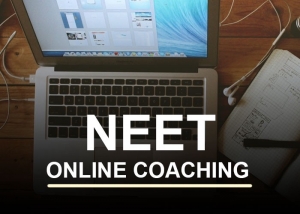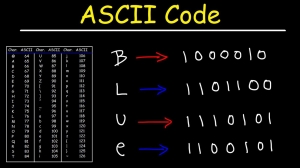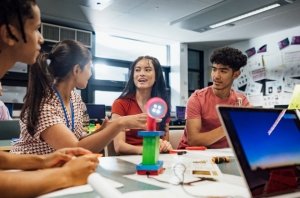Brands targeting students need help engaging customers, as they rely on older, non-effective marketing tactics. In particular, connecting with Generation Z- 20.2 million of whom are enrolled in college programs- can be difficult for brands that fail to understand the audience's preferences.
Therefore, businesses must learn the requirements of their target demographic. For instance, 77% of Gen- Zers want customized interaction with businesses. Therefore, companies must show how their products and services provide individual experiences instead of delivering sales pitches.
One way to accomplish this goal is through experiential marketing. This strategy uses real-life events and experiences to gain customer attention and engagement. Brands can follow this marketing approach to organize face-to-face campus events and successfully raise students' interest in their products.
However, experiential marketing only yields results if brands know the student's interests. One way to learn this information is through student verification software. This article will discuss this software and reveal how companies can use it to deliver impactful student marketing campaigns.
Use Student Verification Software to Customize Marketing Campaigns
Student verification software allows companies to access data of their audience that is collected during the application verification process. Using this information, businesses can market their products to drive purchase behavior.
What Is Student Verification in terms of Eligibility?
The software stores the student's name, email address, date of birth, school name, interests, and more to identify whether someone is eligible for offers and discounts.
How Does Experiential Marketing Engage Students?
Experiential marketing creates a lasting relationship between customers and a brand because it is tailored to match the audiences' interests. Moreover, participators in real-life events capture videos and photographs, which later end up on social media, allowing businesses to benefit from referral marketing.
Other ways experiential marketing attracts students are:
Special Student Rewards and Discounts
38% of college students worry about covering their tuition fees and additional college expenses. Therefore, most students are always managing money and on the hunt for student discounts.
Since 87% of students check for a discount before making a purchase and 29% of them regularly shop from brands that offer student discounts, brands must create personalized discount offers exclusively for students. For example, businesses can use student verification software to provide exclusive discounts and promotional offers to eligible students. The program enables brands to increase their customer base and ensure that only verified students can cash in on the discount.
Experience-Based Events
Gen Z loves marketing campaigns that do not directly scream "MARKETING" and "SALES." Instead, they prefer valuable experiences. So, brands can host events that deliver an experience. Activities can include live quiz competitions, free 5-minute massages, and live-stream challenges.
These events' main focus should be providing a unique experience for the students and forming relationships. Once this connection is established, students will automatically prefer the brand over its competitors. Another benefit of hosting these events is gaining brand recognition among the student population, which results in future sales.
Live Events
According to 95% of marketers, in-person events play a major role in achieving business goals. Moreover, 59% of Gen Z-ers attend live events to post on social media profiles. Therefore, companies can leverage experiential marketing to reach and engage with their target audience.
By organizing live events on campus, brands can attract and engage students. They can also receive free marketing and referrals when students mention their event on social media.
One more benefit of hosting live events is brand recognition. When students share event photos, they automatically advertise and recommend a brand to their followers and friends.
Fun and Interactive Programs
An average college student spends 10 to 13 hours per week studying. No doubt, students need a breather from this grueling schedule. To break this tiring circuit and bring some excitement into students' monotonous schedules, brands can organize fun and interactive programs that best attract students.
Instead of targeting a "problem," brands should work on bringing enjoyment to students' life with their products and services. Doing this endears them with the student population and builds trust that later leads to conversion.
Wrapping Up
Experiential marketing is organizing real-life events or using face-to-face interactions to increase brand recognition and promote products. Since basic marketing techniques are ineffective for the student population, brands should take advantage of experiential marketing to form meaningful relationships.
Businesses can use special student discounts, live events, and interactive programs as advertisements to increase brand popularity. Firms can also use student verification software to identify eligible students and ensure their discount marketing is not abused. Brands can also pair experiential marketing with identity marketing to drive campaigns according to customers' personality traits and lifestyles.






